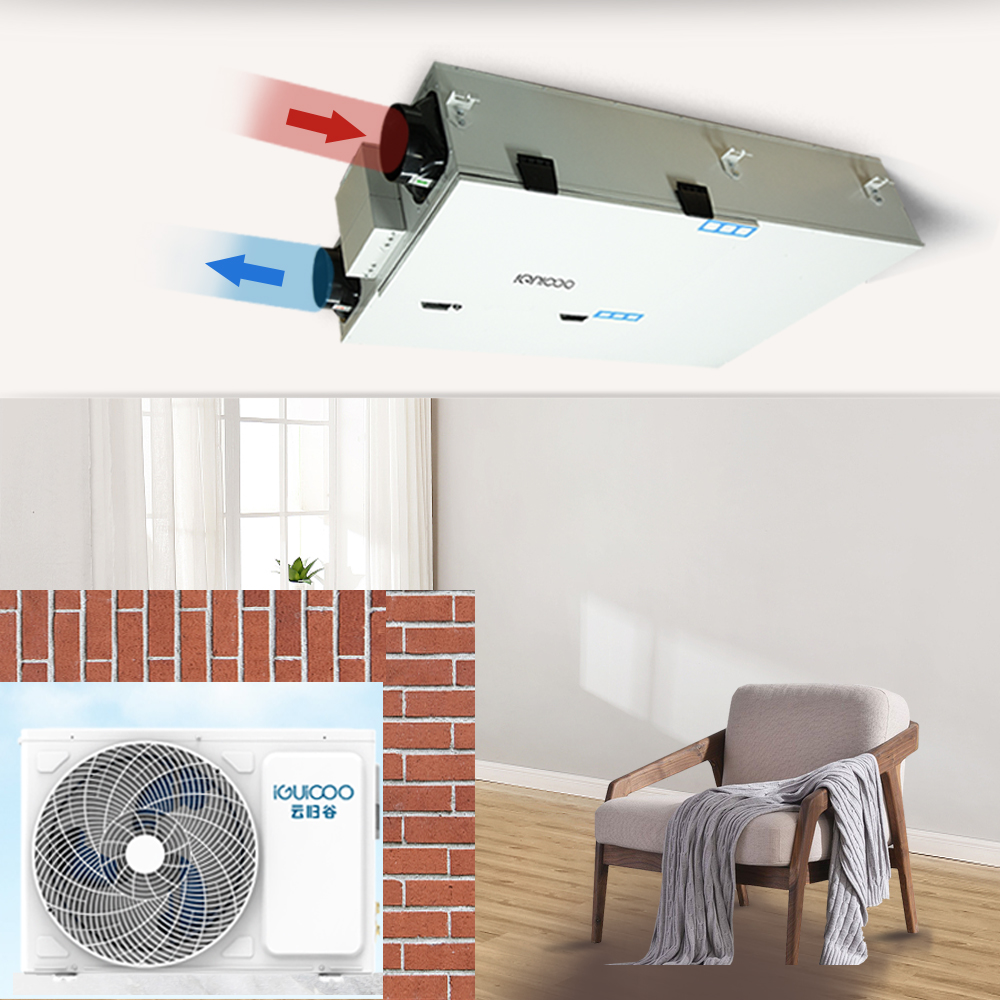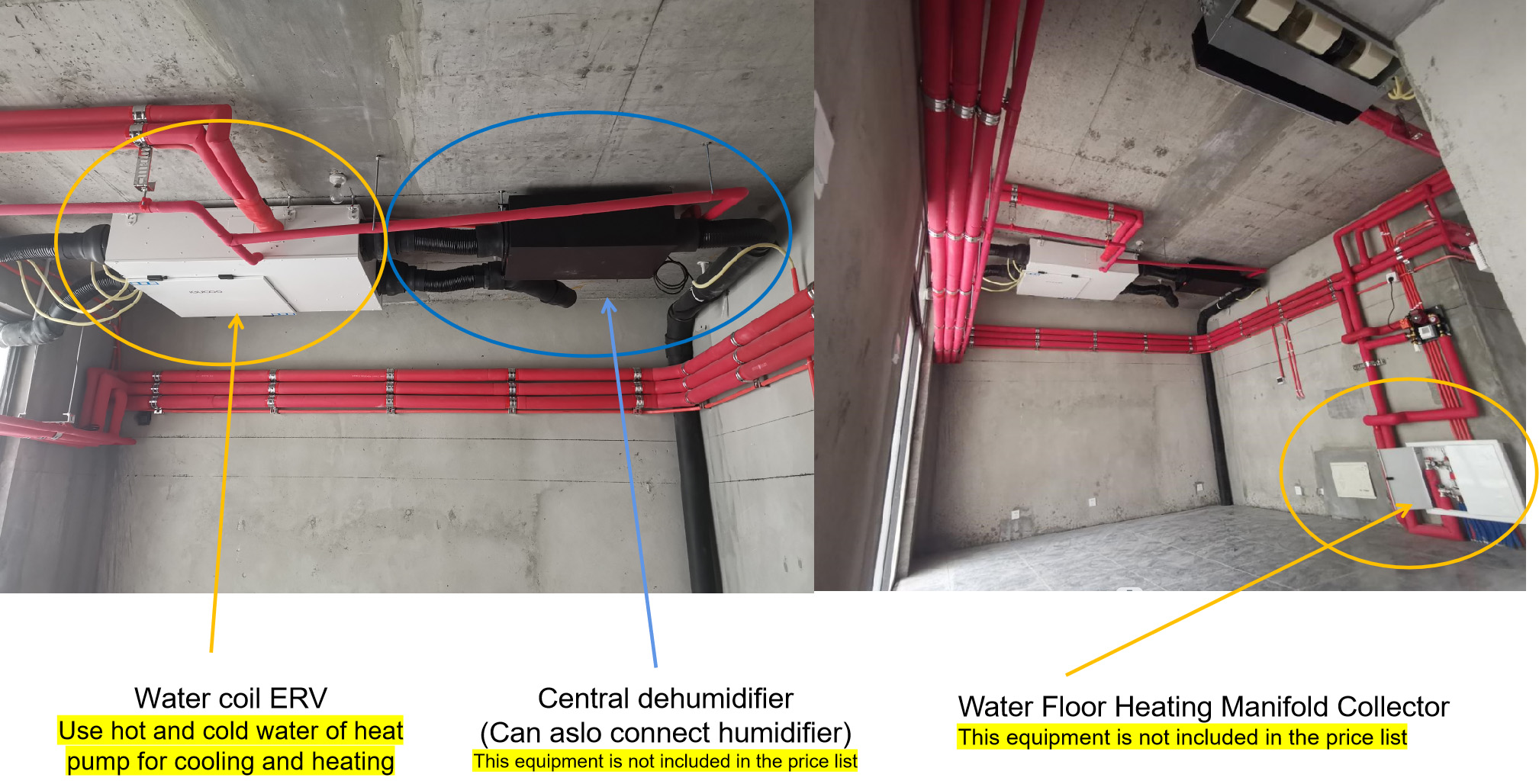Here’s why you may want to keep that air vent open, according to experts.
We know, we know — talking about the ventilation systems on airplanes is so 2020. But air quality on planes is still an important topic when it comes to preventing the spread of bacteria and viruses — COVID-19 or otherwise — which is why we're here to share one important, expert-approved tip: Keep your air vents open. House Ventilation

Leaving vents open and allowing air to flow can help prevent the spread of bacteria and viruses, although closing your vents isn't necessarily a deal breaker because the air inside a plane is constantly being refreshed. According to the International Air Transport Association (IATA) website, “cabin air is refreshed 20-30 times an hour, about 10 times more than most office buildings.”
"The air in an aircraft cabin is a mix of fresh air drawn from outside and recirculated air that has passed through high-efficiency particulate air (HEPA) filters, which are capable of capturing 99.97% of particles, including bacteria and viruses," Bryan Newbold of Pilot Pathfinder tells Travel + Leisure.
All that said, there's certainly a chance of bacterial and viral spread within the cabin before the air is sent through the HEPA filter and blended with fresh air — that is, from person to person within the cabin, especially if your seatmate is coughing or sneezing. And that's one area where the vents can prove helpful.
The flow of air in a plane cabin goes from top to bottom, not from front to back or vice versa. "The supply typically comes from the top of the cabin, most notably through personal air vents and side ducts that wrap around the baggage compartments. The returns are usually located in the floor of the cabin," says Jason Harp, CEO of Air-Cert, LLC and Pacific Air Industries, which handles parts repairs for aircraft.
With that in mind, keeping your vents open will help keep the air moving from top to bottom quickly. But that's not the only thing you can do to reduce the risk of transmission. "It's important to note that this alone is not a guarantee against the spread of airborne diseases, and we recommend people who feel under the weather or want additional protection wear a mask," says Newbold.
Related: Why You Should Always Choose a Window Seat on a Plane During Flu Season
Beyond that, you should keep in mind that some areas on planes can be incredibly dirty — HEPA filters won’t remove the germs left on surfaces like armrests and tray tables, so it's a good idea to wipe down all hard surfaces in and around your seat. "Airlines do take cleanliness seriously, but some do better than others, and if the ground stop is short, it affects the amount of time to conduct a thorough cleaning," says Newbold.
There's also the consideration of boarding and deplaning. Air filtration systems are not always turned on while the plane is on the ground — that's why planes can feel quite stuffy while they're parked at the gate. So if you're looking for an extra level of safety, you might want to consider masking up during boarding and deplaning, too. Then once you're in the air, open up that vent to increase the airflow around you.

Hrv With Air Conditioning By clicking “Accept All Cookies”, you agree to the storing of cookies on your device to enhance site navigation, analyze site usage, and assist in our marketing efforts.